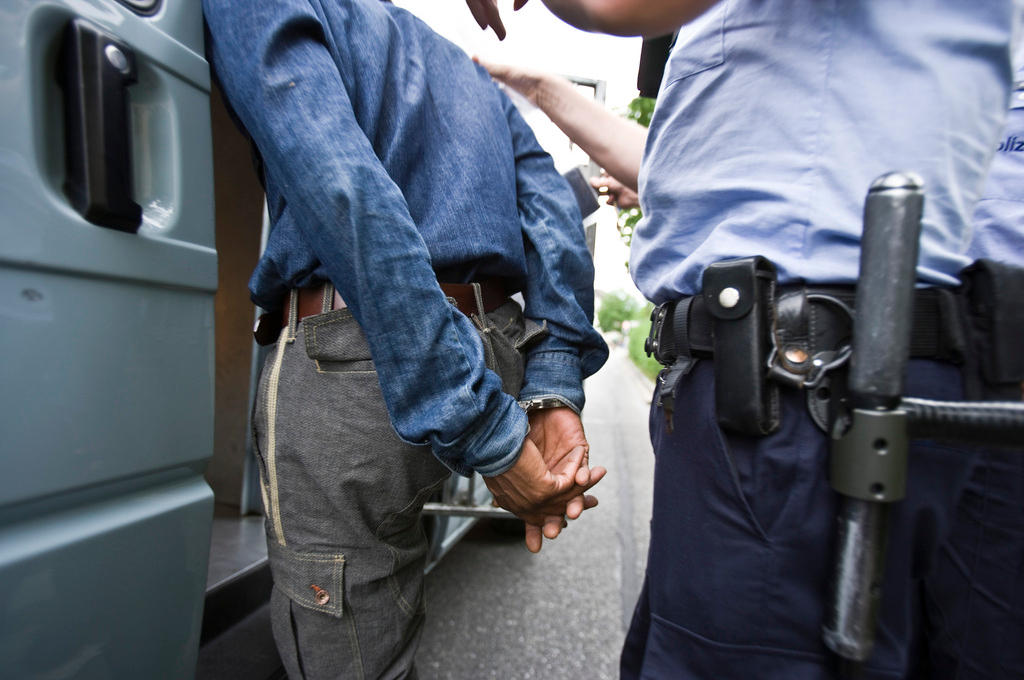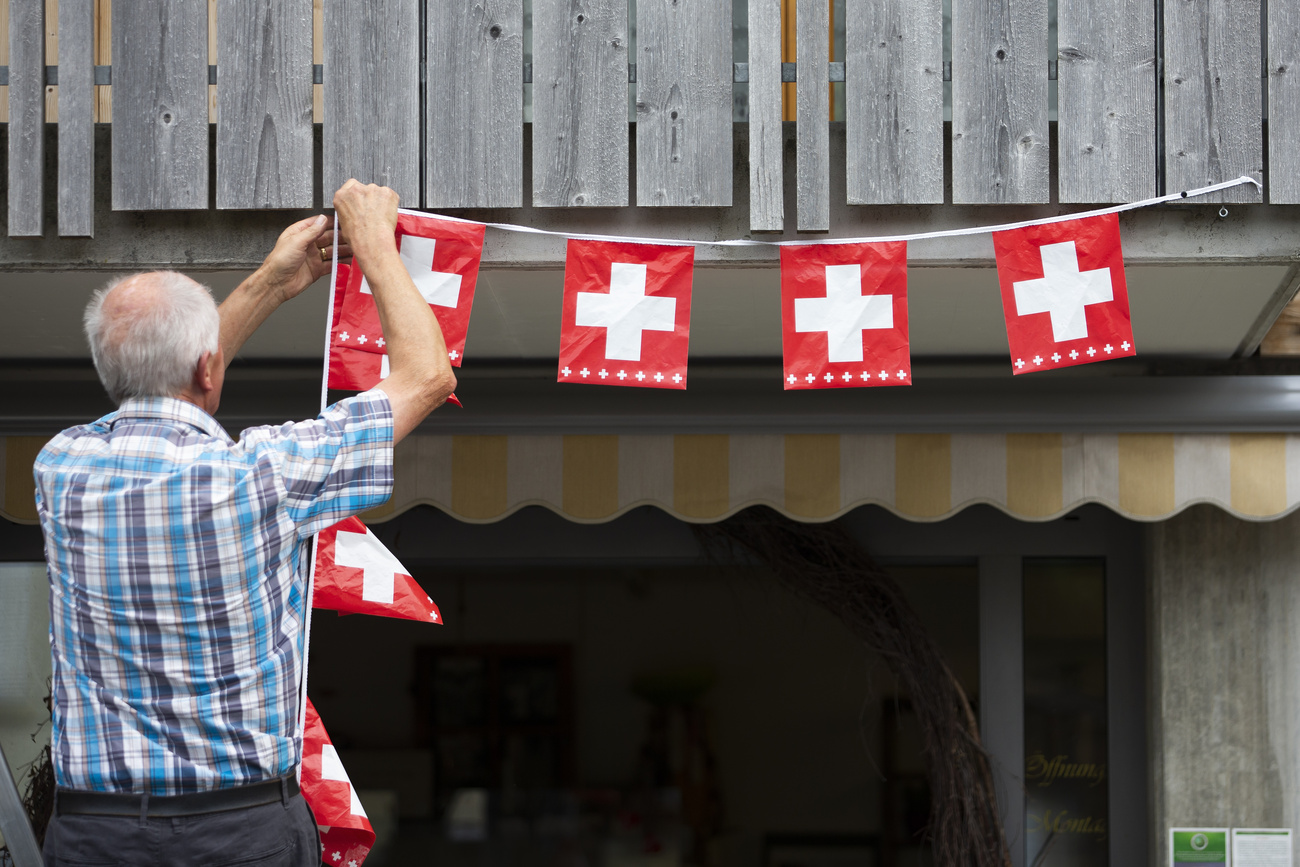
Swiss court sets bar for foreign criminal expulsions

A Spanish getaway driver will not be expelled from Switzerland despite being convicted for his part in a robbery. The verdict from Switzerland’s highest court sets a precedent for so-called ‘hardship cases’ when deciding which foreign criminals should be deported.
On January 1, 2017, a new Swiss law came into force. It allows courts to deport foreigners residing in Switzerland to their country of origin for a variety of offences, including murder, grievous bodily harm, sexual assaults or serious crime against property.
One provision of the law instructs judges to consider whether a deportation would be a disproportionate measure in individual cases. This might take into account where the criminal was born, how long they have lived in Switzerland, whether they have children in the country and if they would have specific problems in relocating to their country of origin.
On Thursday, the Swiss supreme court ruled that the Spaniard should be allowed to remain in Switzerland despite being found guilty of being an accomplice to a robbery and violations of firearms and narcotics laws.
In this case the man was born and raised in canton Valais, has two children in Switzerland, is financially self-sufficient and has no family or close contacts in Spain. This is the first such hardship ruling since the law came into force, setting the bar for future verdicts.
Around a quarter of the Swiss population – more than 2 million people – have foreign passports only, a proportion that is increasing. Around 300,000 of this group were born and raised in Switzerland without ever becoming citizens of the alpine state.

More
Defining the 25% foreign population in Switzerland

In compliance with the JTI standards
More: SWI swissinfo.ch certified by the Journalism Trust Initiative
















![The four-metre-long painting "Sonntag der Bergbauern" [Sunday of the Mountain Farmers, 1923-24/26] had to be removed by a crane from the German Chancellery in Berlin for the exhibition in Bern.](https://www.swissinfo.ch/content/wp-content/uploads/sites/13/2025/12/01_Pressebild_KirchnerxKirchner.jpg?ver=a45b19f3)











You can find an overview of ongoing debates with our journalists here . Please join us!
If you want to start a conversation about a topic raised in this article or want to report factual errors, email us at english@swissinfo.ch.